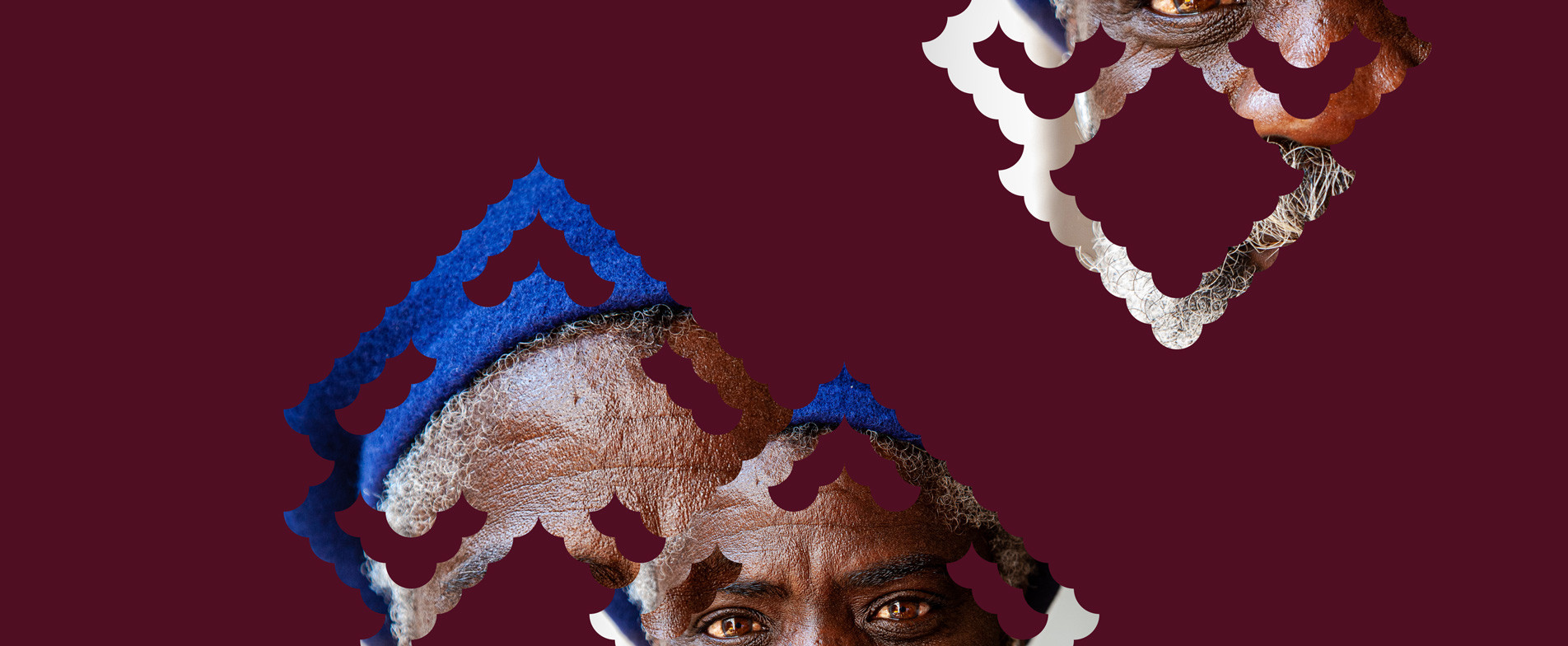
"Il palazzo incantato" by Luigi Rossi, a “confined” creation
In compliance with the Prime Minister’s declarations, cultural creation continues albeit under the guidelines of confinement.
Leonardo García Alarcón (musical director), Fabrice Murgia (stage director) and all the artistic teams join forces in the Auditorium of the Dijon Opera to revive Il palazzo incantato by Luigi Rossi, a masterpiece never again performed since its premiere in 1642 in Rome!
Here are five key things to know about this masterpiece:
The composer Luigi Rossi was born around 1597 in the Puglia region of southern Italy.
In 1621, he entered the service of the Borghese family in Rome, where he remained for 20 years. In 1641, he was employed as musician by the cardinal Antonio Barberini. The latter commissioned his first opera, Il palazzo incantato.
In 1646, he entered the court of the regent Anne of Austria, at the request of Cardinal Mazarin, who sought to introduce the lyric genre to the French court. In 1647, Rossi premiered his second opera, Orfeo, in Paris. The opera was such a success that it was reprised five times in the same year!
Rossi is to Rome what Cavalli is to Venice:
"Considered the greatest composers of their time, […] each represents in a way the two lyric styles of the peninsula, that of the north with Cavalli and that of the south with Rossi."
Leonardo García Alarcón, musical director
Today, Luigi Rossi is revered for his Orfeo and his cantatas (he composed more than 300!), but his first opera, Il palazzo incantato, remains unknown.
Il palazzo incantato was a commission from the cardinal Antonio Barberini. In those days, the great aristocratic families of papal Rome vied to show off their splendour and their attachment to the arts. To display their wealth and power, they called upon the top composers and the best librettists.
Performed on 23 February 1642, Rossi’s Il palazzo incantato would be the last work of this genre to be presented in Rome. On 29 July 1644, Pope Urban VIII died, and with him passed the reign of the family that had fashioned the Eternal City. He was succeeded by Giovanni Battista Pamphili, member of the rival Barberini family, who took the name Innocent X: Spain in its piety now took precedence over Rome, and opera of this type fell out of favour …
In Venice, opera was typically performed with an orchestra of small size. In Rome, on the other hand, the compositions of the period were resounding celebrations. Il palazzo incantato perfectly illustrates this sense of festivity: we find music, song, dance, theatrics, impressive sets, costumes and stage effects, massive choirs and the use of a sizable orchestra (some 40 musicians)… The premiere performance listed 27 characters, and lasted seven hours! All of which makes Il palazzo incantato a total artwork.
The libretto of Il palazzo incantato was written by Rospigliosi, who would later become Pope Clement IX. It is an adaptation of Ariosto’s Orlando furioso, a chivalric epic considered one of the great masterpieces of Italian literature. Rospigliosi provided a dramma per musica in three acts of 2,725 verses, derived from a profane subject, then a rarity in Rome.
Discover the story in 30 seconds:
Luigi Rossi’s Il palazzo incantato has not been performed since it first premiered in 1642. At the Dijon Opera, Leonardo García Alarcón and Fabrice Murgia bring back to life this unknown and unique work, all in a rather unusual context. Despite the confinement, opera houses are still permitted to rehearse, and the artists thus can continue their creative work.
"In reality, this Palazzo has become a sort of metaphor for the situation outside! We are here, at the opera, working in confinement as we rehearse scenes that place the characters in confinement in a palace that, in its own way, establishes a certain social distancing, that separates them, and prevents them from finding each other, loving each other, embracing each other. I believe this reflection of our external situation, within the intimacy of the stage, is really starting to influence our interpretation." Leonardo García Alarcón, musical director
"The most troubling thing is that the libretto of Il Palazzo recounts an event that affects a lot of different people, just as we ourselves are going through a crisis that is one of the most impactful events in the world" Fabrice Murgia, stage director
